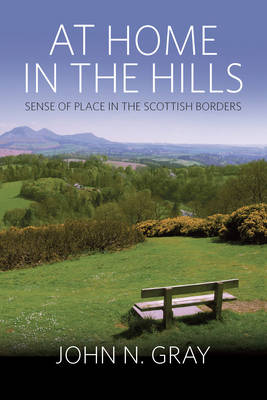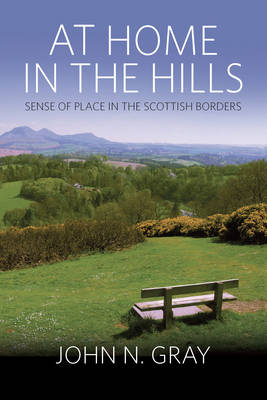
- Afhalen na 1 uur in een winkel met voorraad
- Gratis thuislevering in België
- Ruim aanbod met 7 miljoen producten
- Afhalen na 1 uur in een winkel met voorraad
- Gratis thuislevering in België
- Ruim aanbod met 7 miljoen producten
Omschrijving
To most outsiders, the hills of the Scottish Borders are a bleak and foreboding space - usually made to represent the stigmatized Other, Ad Finis, by the centers of power in Edinburgh, London, and Brussels. At a time when globalization seems to threaten our sense of place, people of the Scottish borderlands provide a vivid case study of how the being-in-place is central to the sense of self and identity. Since the end of the thirteenth century, people living in the Scottish Border hills have engaged in armed raiding on the frontier with England, developed capitalist sheep farming in the newly united kingdom of Great Britain, and are struggling to maintain their family farms in one of the marginal agricultural rural regions of the European Community. Throughout their history, sheep farmers living in these hills have established an abiding sense of place in which family and farm have become refractions of each other. Adopting a phenomenological perspective, this book concentrates on the contemporary farming practices - shepherding, selling lambs and rams at auctions - as well as family and class relations through which hill sheep fuse people, place, and way of life to create this sense of being-at-home in the hills.
Specificaties
Betrokkenen
- Auteur(s):
- Uitgeverij:
Inhoud
- Aantal bladzijden:
- 224
- Taal:
- Engels
Eigenschappen
- Productcode (EAN):
- 9780857451798
- Verschijningsdatum:
- 1/08/2011
- Uitvoering:
- Paperback
- Formaat:
- Trade paperback (VS)
- Afmetingen:
- 140 mm x 216 mm
- Gewicht:
- 326 g

Alleen bij Standaard Boekhandel
Beoordelingen
We publiceren alleen reviews die voldoen aan de voorwaarden voor reviews. Bekijk onze voorwaarden voor reviews.












